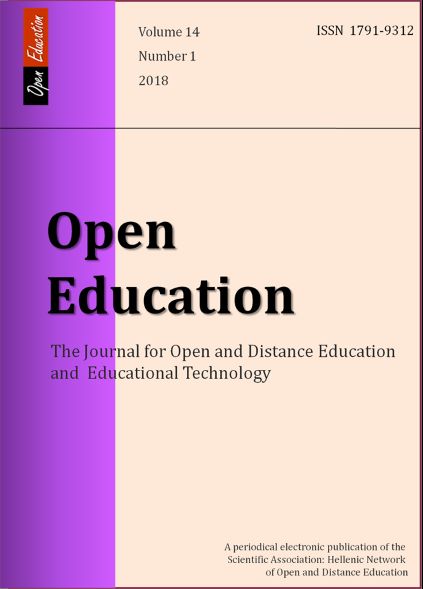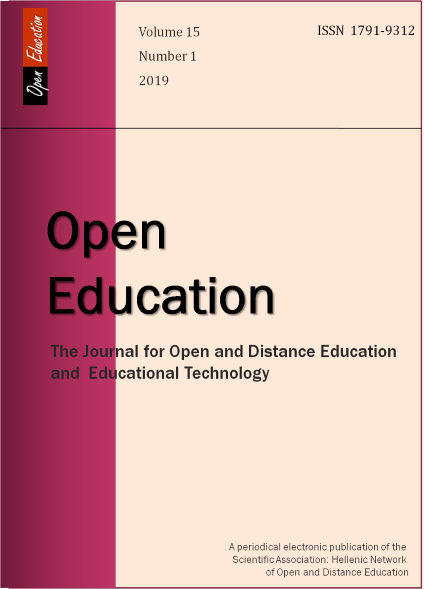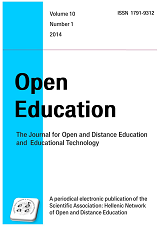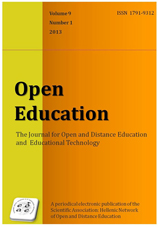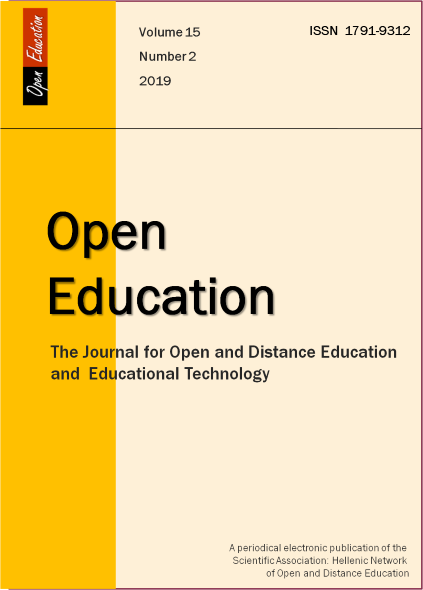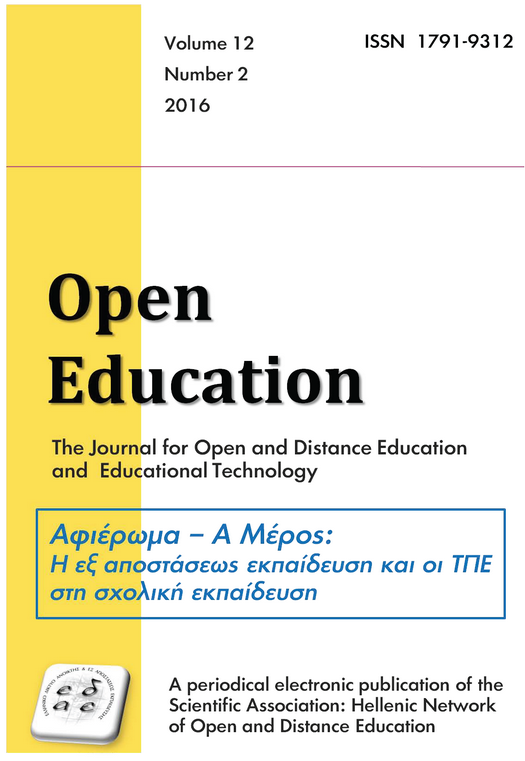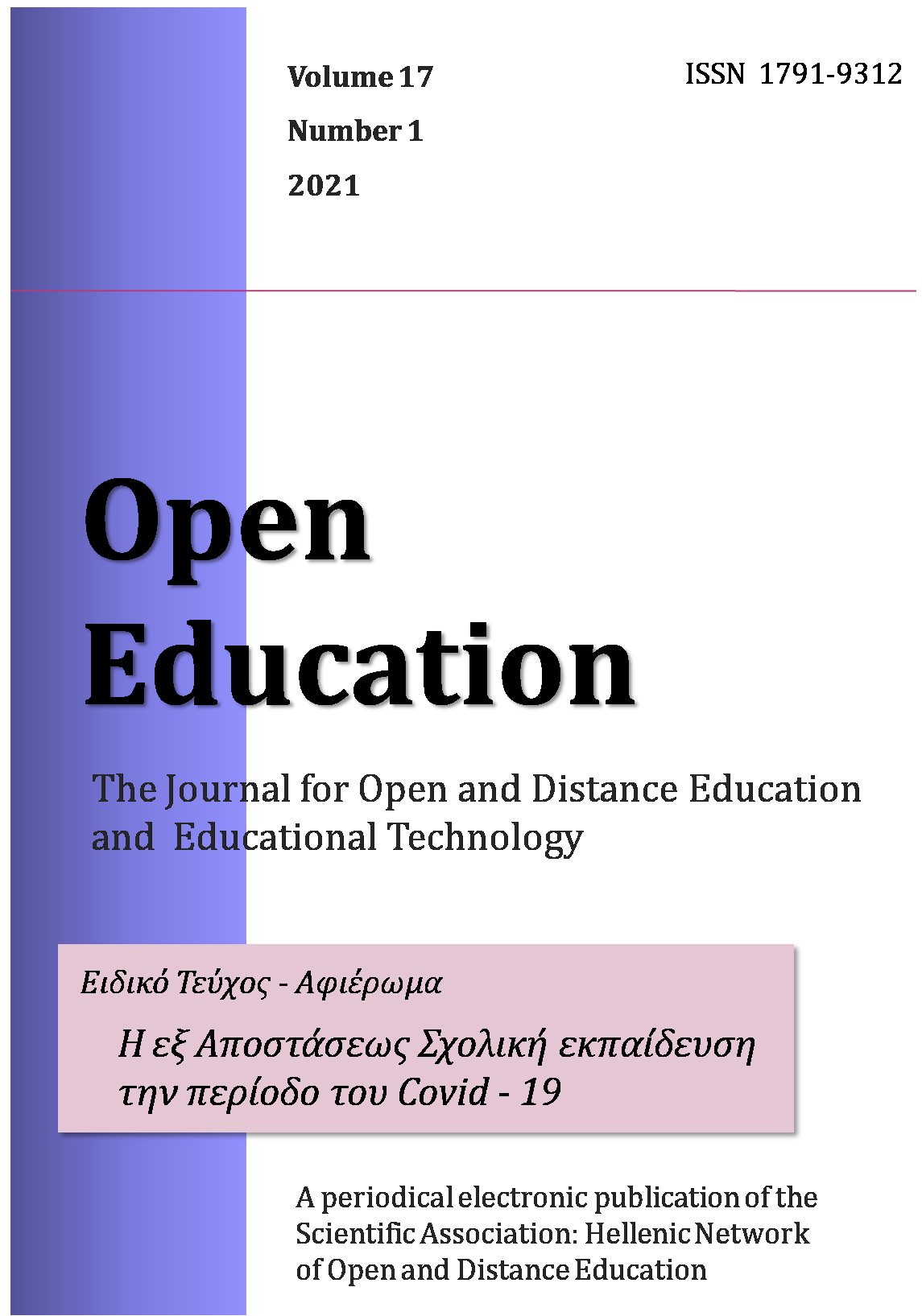Hellenic Scientific Associations / Companies: Towards Enhanced Open Learning
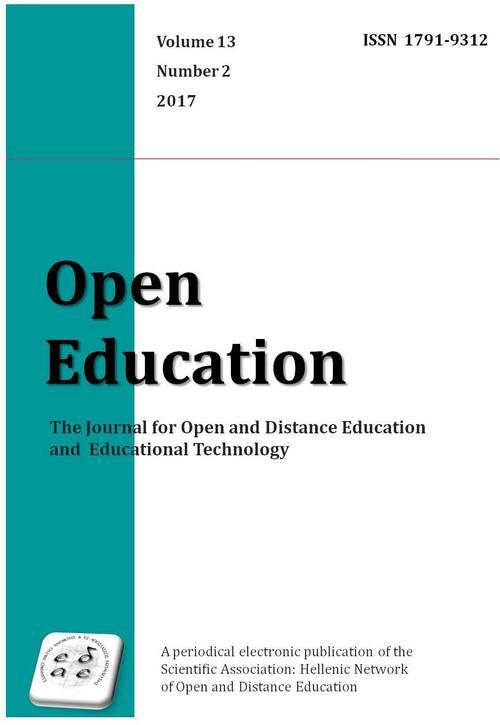
Abstract
This article describes the process and main conclusions of the discussion organized and hosted at the 9th International Conference on Open and Distance Learning, ICODL 2017, in Athens on Saturday 25 November 2017. The panel discussion was titled "Greek Scientific Associations/Companies. Past, present and future". As can be seen from the profile and activities of the participating scientific associations, we are faced with a multitude of actions and activities that can benefit the modern Greek scientist and the educational community in general. The target group for each association may be different, but the basic principles and philosophy of openness, the commitment to science and the promotion of research and quality in education and science are commonplace. At the same time, the emerging dynamics and the ever-growing presence of scientific associations/companies in domestic and international events strengthen the view of the important role they are required to play in the field of civil society and informal learning.
Article Details
- How to Cite
-
Niari, M., Kalogiannakis, M., & Lionarakis, A. (2017). Hellenic Scientific Associations / Companies: Towards Enhanced Open Learning. Open Education: The Journal for Open and Distance Education and Educational Technology, 13(2), 156–163. https://doi.org/10.12681/jode.15383
- Issue
- Vol. 13 No. 2 (2017)
- Section
- Section 2
Copyright Notice
Authors who publish with this journal agree to the following terms:
Authors retain copyright and grant the journal right of first publication with the work simultaneously licensed under a Creative Commons Attribution Non-Commercial License that allows others to share the work with an acknowledgement of the work's authorship and initial publication in this journal.
Authors are able to enter into separate, additional contractual arrangements for the non-exclusive distribution of the journal's published version of the work (e.g. post it to an institutional repository or publish it in a book), with an acknowledgement of its initial publication in this journal.
Authors are permitted and encouraged to post their work online (preferably in institutional repositories or on their website) prior to and during the submission process, as it can lead to productive exchanges, as well as earlier and greater citation of published work.



